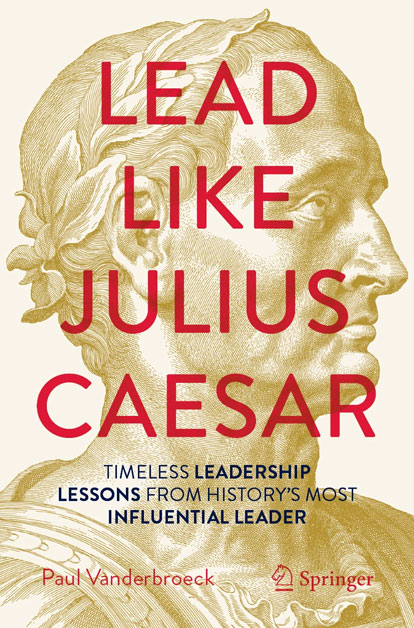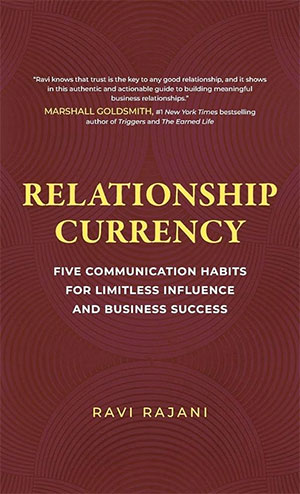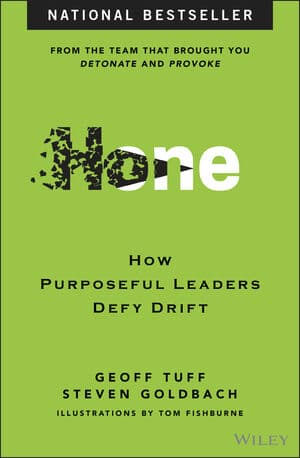Are we still beginners learning leadership?
Thousands of books have been written on business leadership. But when it comes to implementing their ideas, we still seem to be at the beginning of the journey.
Legal thinking belongs at the management table
Legal thinking should be a core part of effective management. Treating it as an afterthought or a clean-up operation is when things unravel.
Pay vs benefits: What really matters to employees?
Do employees still prioritise pay, or are other benefits are now playing an equally important role in shaping job satisfaction and loyalty?
The case for connection: reclaiming the human side of work
As artificial intelligence redefines the workplace, we risk losing touch with the very interactions that underpin effective teams and resilient organisations.
Why leaders should trust their intuition
Leaders who balance their gut feelings with analytical thinking make faster, more authentic decisions, especially when navigating complexity in fast-paced environments.
Why neurodivergent leaders are still made to feel like outsiders
It's about time that organisations start addressing the structural realities that continue to marginalise neurodivergent professionals in the workplace.
Balancing the corporate gender tightrope
Gender inequality remains entrenched on corporate boards. So is a better understanding cognitive diversity the answer to getting more women in the boardroom?
How fractional leadership reduces executive burnout
As ever-increasing pressures make traditional full-time executive roles psychologically unsustainable, the structure of leadership needs a significant rethink.
Remote work under scrutiny
Across the EU and beyond, labour laws are evolving to reflect the emergence of flexible working. Here’s what HR leaders must know as regulations tighten.
How to have hope amid political chaos
Amid chaos and dysfunction, it's worth remembering that most people, most of the time, are inclined toward fairness, cooperation and kindness.
Latest book podcasts
Vish Alluri: The Enlightened Manager
Vish Alluri, co-author of ‘The Enlightened Manager', discusses a thoughtful approach to management which draws on the teachings of the philosopher, Jiddu Krishnamurti.
Steve Cockram: the Voice-Driven Leader
Steve Cockram, co-founder of Giant Worldwide, talks about his latest book, 'The Voice-Driven Leader' and explains how to create environments in which every voice gets heard.
What is Relationship Currency?
Keynote speaker and transformational coach, Ravi Rajani, talks about his new book, 'Relationship currency: five communication habits for limitless influence and business success'.
Hone - how purposeful leaders defy drift
We dive into the new book from Deloitte's Geoff Tuff and Steven Goldbach, 'Hone - how purposeful leaders defy drift'.



